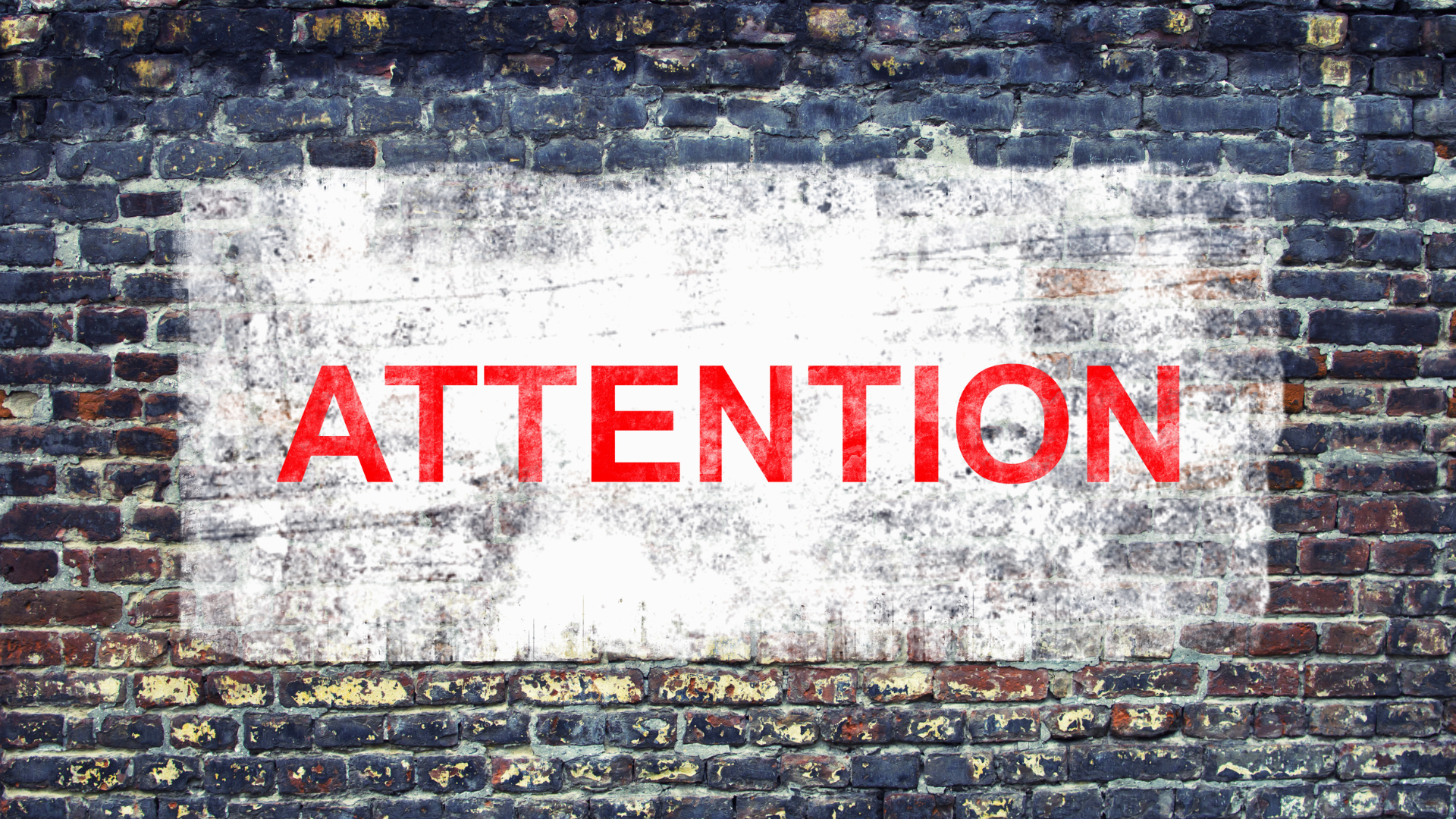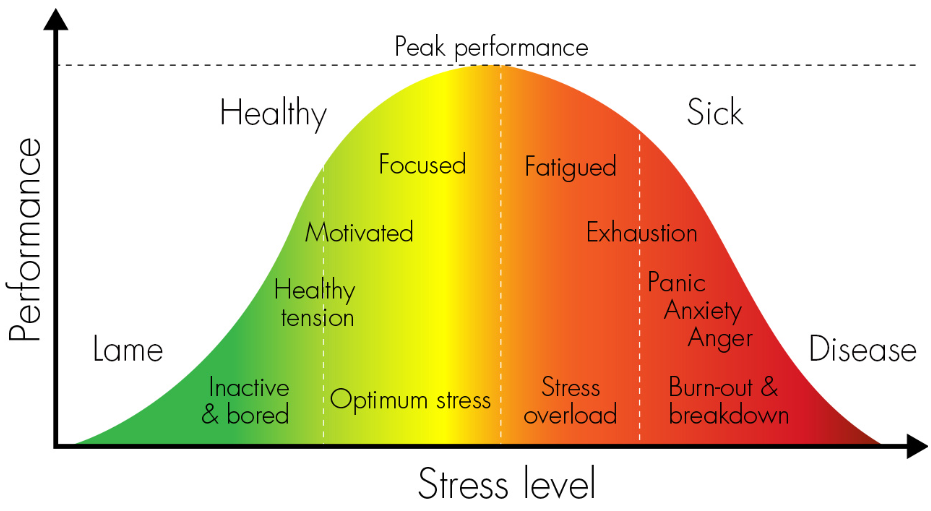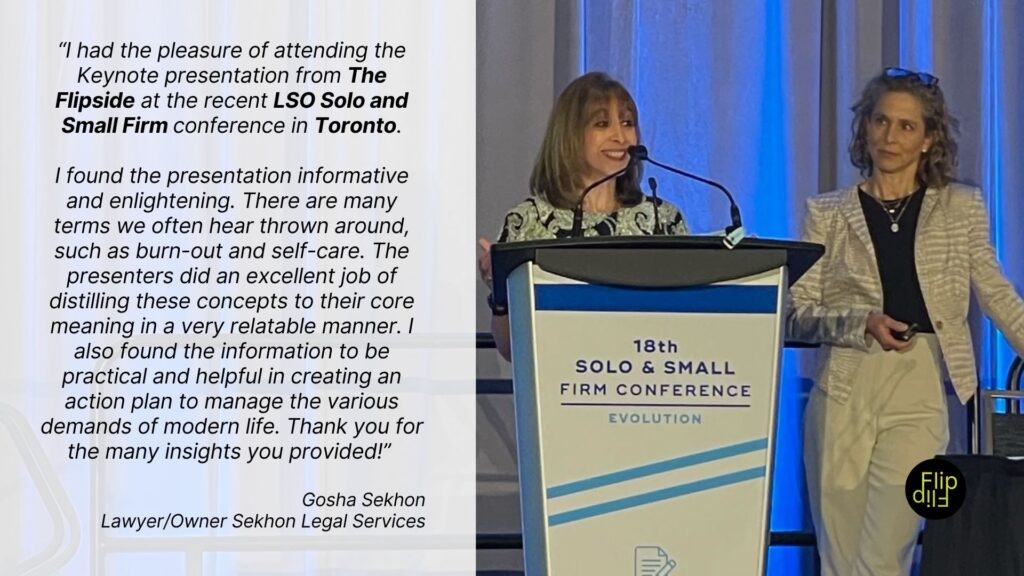Stress
Can Stress affect our Attention?

Our attention, or better yet, the lack of attention that seems to surround us these days, has been the topic of many recent researches and studies. Most scientists and academics are looking at the reasons why we are seemingly lacking individual and collective attention. Many point towards technology as the main cause but sometimes, as we discussed in this article, our lack of attention and tendency towards distraction, lies inside our own minds.
Recently I finished a book called “Peak Mind” by Dr. Amishi Jha Ph.D. Prof. Jha’s research focuses exclusively on, you guessed it: attention, and her book is the result of many years of research that culminates with her method for using mindfulness as a tool to increase our attention. While the book is highly recommended and her method is certainly easy to incorporate into our everyday routine, one of the things that stuck in my head was her reference to the three things that affect our attention: Mood, Threats, and Stress.
Once I read her book and her very thorough and scientific explanation, it was easy to see how each of these factors certainly would impact our attention, but from the three of them, stress was the one that had the biggest impact on me. Why? Because stress is everywhere, it occurs daily and it is perhaps the one factor, out of the three, that we generally have a more difficult time trying to manage.
How does stress affect our attention?
Let’s take a look at the good “effect” of stress on our attention: you are running across a big airport to catch a connecting flight. If I were waiting for you at the gate and asked you (as you arrive exhausted), if you noticed the lineup at the Tim Hortons that you passed on your way to the gate, I am certain you’d probably give me the evil eye! Why? Because the stress of thinking that you could miss your connecting flight made you laser-focused. Your body had one and only job: run to the gate and do not pay attention to anything that could distract you from your task.
The reaction is similar when you are facing a deadline. With minutes to spare to submit your work, most likely you will be laser-focused and you will be unaware of what is happening around you other than the document in front of you.
These are examples of stress having a positive impact on your attention.
The problem arises when the stress you are facing is not a one-time situation but rather, a cumulus of circumstances that continue day after day generating what is known as “chronic stress”.
As referenced by Prof. Jha, “Stress fuels “mental time travel”. When we experience too much stress for too long we get caught in the downward spiral of “attention degradation”: the worse attention gets, the less we are able to control it; the less we are able to control it, the worse stress gets”.
Why is this?
To understand why this happens, we should take a look at how our brains work.
As indicated by Prof. Dr. Kerry Ressler, chief scientific officer at McLean Hospital and professor of psychiatry at Harvard Medical School: “Your brain isn’t just a single unit, but a group of different parts that perform different tasks. Researchers believe that when one part of your brain is engaged, the other parts of your brain may not have as much energy to handle their own vital tasks”.
This is why in the face of a deadline, which is a one-time stressful event, we can focus our attention on one single task: getting the document done on time. However, when our stress level has gone above and beyond and has turned into chronic stress, absent a one-time stressor event, our brain starts “wondering”, to use Prof. Jha’s words, and there is not one single point of focus. This is when mistakes start to happen, we forget what we were about to do 2 minutes earlier, we don’t know what the person in front of us just said, and the list can go on and on.
How much stress is too much to create this impact on our attention?
Unfortunately, there is no way of providing a one-size-fits-all answer. We all have our own stress threshold. Once we reach our personal threshold, stress then becomes a problem, for our physical health and of course our mental health.
Take a look at the image below, which shows how the stress curve can go from “beneficial” to “prejudicial”. Each one of us will reach our threshold at different stages and in the face of different events. The key is to understand why this happens, but most importantly, for each of us to learn to identify when we are reaching our threshold. At that point, or even before that, we can start taking the necessary measures to manage our stress and avoid going beyond our “turning” point.

Andrea Dinardo
Being aware that stress may have an impact on our attention is of extreme importance especially when we are trying to perform at our jobs and our personal lives. While you can train your brain to increase your attention, as suggested by Prof. Jha in her book, you can also explore the infinite number of tools available for stress management. Always remember that there is not one “magic” tool, explore, try, and create a toolbox of resources that work for you. Your attention will thank you!
We have written a number of articles about stress. If this is a topic of interest to you, we invite you to check them out!
Cheers,
MV





